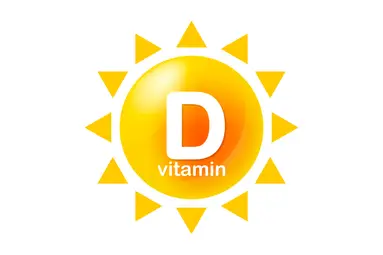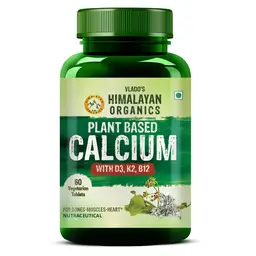Signs & Symptoms Of Calcium Deficiency
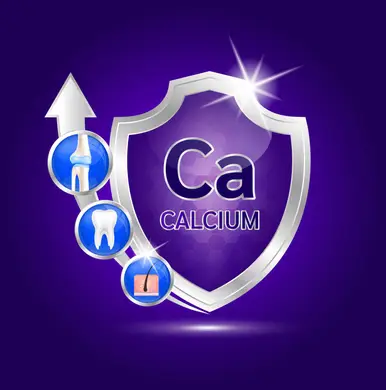
Signs & Symptoms Of Calcium Deficiency
Posted on 16th May, 2023
Have you ever experienced unexplained muscle cramps or felt an unrelenting sense of fatigue?
Or you may find yourself more susceptible to bone fractures or notice a weakening of your nails and teeth.
While often overlooked, these symptoms may actually be signaling an underlying issue: calcium deficiency.
As we all know calcium is crucial to our overall health and well-being, if not consumed in adequate amounts it can cause significant deficiency.
In this article, we will delve into the common signs and symptoms of calcium deficiency, shedding light on how this vital mineral impacts our bodies in ways we may have never imagined.
Causes of Calcium Deficiency
Calcium deficiency can arise from various factors, each impacting the body's ability to maintain adequate levels of this essential mineral. The primary causes include:
Insufficient dietary intake: Failing to consume enough calcium-rich foods is a common culprit behind calcium deficiency. Neglecting to include dairy products, leafy greens, or fortified foods in your diet can lead to inadequate calcium levels.
Vitamin D deficiency: Vitamin D is vital for calcium absorption in the body. Insufficient exposure to sunlight or a deficiency of vitamin D can hinder the absorption of calcium, resulting in its deficiency.
Medications: Some medicines can interfere with calcium absorption such as iron supplements and corticosteroids, hence leading to deficiency over time.
Hypoparathyroidism: This rare condition affects the parathyroid glands, which regulate calcium levels in the body. When these glands are underactive, calcium absorption is compromised.
Hyperphosphatemia: Elevated levels of phosphorus in the blood can interfere with calcium absorption, contributing to calcium deficiency.
Renal failure: Kidney disorders can disrupt the body's ability to regulate calcium levels, leading to deficiencies.
Liver problems: Liver diseases, such as cirrhosis, can impair calcium metabolism and absorption, resulting in deficiencies.
Pancreatitis: Inflammation of the pancreas can affect the production of digestive enzymes required for calcium absorption, potentially causing a deficiency.
Make sure you don't suffer from calcium deficiency by ordering your calcium supplements today.
Recommended Daily Intake of Calcium
The National Institutes of Health (NIH) provides guidelines for daily calcium intake. The recommended amounts are as follows:
Children aged 4-18 years: 1000-1300 mg
Children aged 6 months - 3 years: 200-700 mg
Women aged 51 years and above 1200 mg
Women aged 19-50 years: 1000 mg
Men aged 71 years and above: 1200 mg
Men aged 19-70 years: 1000 mg
Signs and Symptoms of Calcium Deficiency
Calcium is essential for many body functions and is an important element constituting its effect on muscles, teeth, bones as well as the brain.
If a person is not consuming enough calcium every day, it might create a calcium deficiency that can lead to various symptoms such as:
A. Musculoskeletal symptoms:
Muscle cramps and spasms: One of the most common symptoms of calcium deficiency is muscle cramps. These involuntary contractions mostly occur during physical activities such as playing or even when you are just resting, causing extreme pain.
Osteoporosis and brittle bones: This symptom is mainly observed in women and older age people, as with increasing age calcium absorption also starts decreasing. A deficiency can lead to a condition called osteoporosis, where bones become weak and porous, increasing the risk of fractures.
Dental problems: Calcium deficiency can impact dental health, leading to weakened tooth enamel and an increased risk of dental issues such as cavities, tooth decay, and gum problems.
B. Neurological symptoms:
Numbness and tingling: Calcium plays a role in nerve transmission and signaling. Inadequate levels can result in abnormal sensations like numbness and tingling in the extremities, such as the hands, feet, or face.
Depression and anxiety: Calcium deficiency has been linked to mood disorders, including depression and anxiety. And it is also a part of neurotransmission where it helps in regulating and producing nerve impulses. Hence, a deficiency of calcium can create an imbalance in brain chemistry, affecting mood and emotional well-being.
Memory problems: Calcium is essential for proper brain function, including memory formation and cognitive processes. Inadequate levels of calcium may lead to difficulties with memory, concentration, and overall cognitive function.
C. Cardiovascular symptoms:
High blood pressure: Calcium is involved in maintaining blood vessel health and regulating blood pressure. A deficiency can contribute to an increase in blood pressure levels, potentially leading to hypertension, a risk factor for various cardiovascular diseases.
Abnormal heart rhythms: Calcium plays a critical role in the electrical conduction system of the heart, ensuring proper heart rhythm. Inadequate levels can disrupt this system, leading to abnormal heart rhythms or arrhythmias.
Increased risk of cardiovascular disease: Calcium deficiency has been associated with an increased risk of cardiovascular diseases, including coronary artery disease and heart attacks. The lack of calcium can negatively affect blood vessel function and overall cardiovascular health.
Treatment options for calcium deficiency
Dietary changes: Incorporating calcium-rich foods into your diet, such as dairy products, leafy greens, and fortified foods, can help replenish calcium levels.
Lifestyle modifications: Engaging in weight-bearing exercises, getting adequate sunlight exposure for vitamin D synthesis, and reducing alcohol and caffeine consumption can support calcium absorption and utilization.
Prevention of Calcium Deficiency
Preventing calcium deficiency involves adopting the following strategies:
Importance of a balanced diet: Consuming a well-rounded diet that includes calcium-rich foods like milk, cheese, yogurt, tofu, almonds, leafy greens, and fortified products into your meals and snacks.
Include Calcium supplements: If you can't complete calcium intake through diet, you must include calcium supplements into your diet. Especially women aged above 30 years are recommended to take calcium supplements.
Take charge of your health today and order your calcium supplements to unlock the benefits of maintaining adequate calcium levels.
Strategies to enhance calcium absorption: Ensure sufficient vitamin D intake through sunlight exposure or dietary supplements, and avoid excessive intake of oxalates and phytates as these minerals hinder the absorption of calcium.
Conclusion
Calcium deficiency is a common yet often overlooked health issue that can have significant implications for our overall well-being.
Hence it is important to understand the causes, recognize the signs and symptoms, to eradicate the problem, and implementation of appropriate treatment and prevention strategies.
To combat calcium deficiency, we must look into our diet patterns, include calcium supplementation if necessary, and adopt healthy lifestyle habits to ensure our body receives the essential calcium it requires for optimal functioning.
However please note that while these symptoms can indicate calcium deficiency, they can also be caused by other underlying conditions.
If you experience any of these symptoms, it is recommended to consult a healthcare professional for proper evaluation and diagnosis.

Health articles from our experts
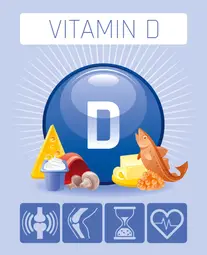
Signs & Symptoms Of Vitamin D Deficiency In India
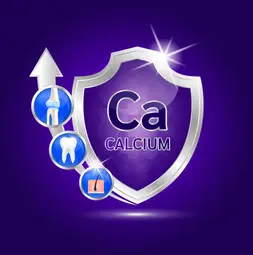
Signs & Symptoms Of Calcium Deficiency

10 Sources Of Vitamin D For Vegetarians

Top 10 Benefits of Ashwagandha Leaves

Top 5 Vitamin D Fruits and Vegetables You Should Know

Neurological symptoms of Vitamin D deficiency
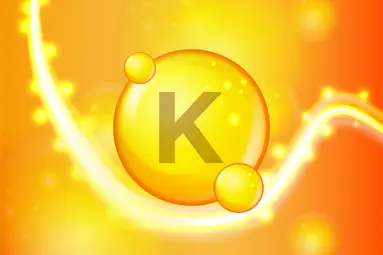
10 Fruits rich in Vitamin K

Benefits of Ashwagandha for Men
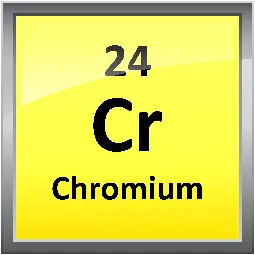
Signs and Symptoms of a Chromium deficiency
